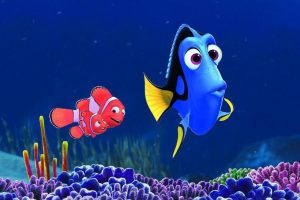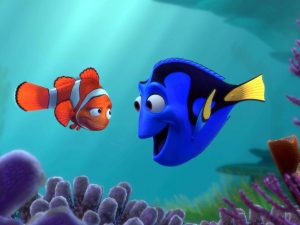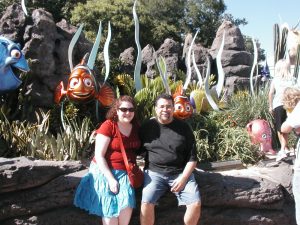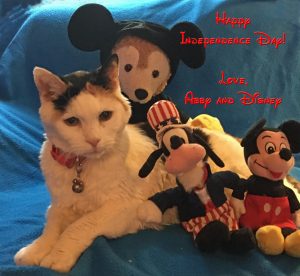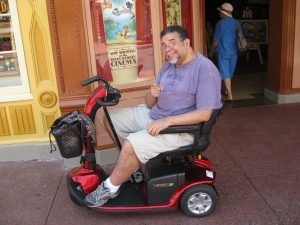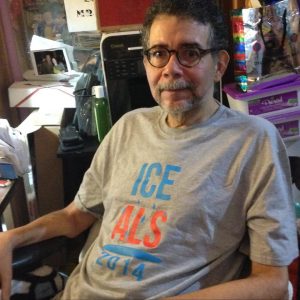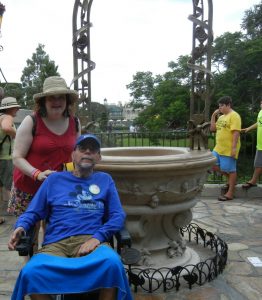“Me Before You,” “Me After You,” and “Still Me”- Fiction That Speaks Truth About Caregiving, Grief and Life
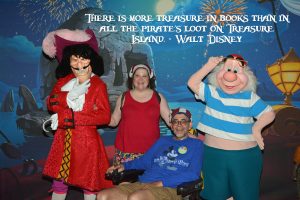
More wisdom from Walt. I love to read- all kinds of books. In more recent years I have read lots of self-help books related to illnesses, caregiving and grief. In the past year, when I decided to try online dating, I’ve read what I believe are too many books about dating and writing online profiles. They’re not helping! But, I just completed a fiction book that nurtured my soul more than any nonfiction, self-improvement book, speaking a lot of truth about own life without Ben. It is called, Still Me, and it is the third book in what is now a trilogy by JoJo Moyes. It was enlightening, entertaining, validating and inspiring.
The first book in this trilogy is called, Me Before You. It tells the story of a young woman, Louisa, who can’t find herself, but she takes a job as the caregiver of a young man, Will, who is a paraplegic as a result of a car accident. In the course of the story, they fall in love, and, as you can imagine, it is complicated.
I remember being in a bookstore with a friend, and when I looked at the book, he said it was great, but I wouldn’t want to read it. Of course, that only intrigued me. The book was a best seller when Ben had ALS. The book takes you into Will’s experience in this body he doesn’t recognize and a life he cannot accept. Ben had always said that he wanted to do anything to stay alive, whether feeding tube or tracheostomy, but there was always the possibility that he would change his mind. I’m an emotional person, so after I read the book description and reviews, I was not sure how I would feel about reading a book about making a choice to life or die when I was dealing with ALS and losing Ben. On the other hand, I thought that the book might offer insight into the thoughts of someone who is contemplating his quality of life. I decided to read the book. It was a good decision. It was an absolutely beautiful book with a lot of love and interesting perspective. I related to Louisa’s caregiving experiences and to many of the situations they endured. In many ways Me Before You helped me to come to terms with accepting whatever decisions Ben would make about how he chose to live and die with ALS. That said, everyone has to make their own decision about whether they want to delve into reality in a book rather than a complete escape. The book was also made into a film, and, as is often the case, the film is not as good as the book. However, if you’re not sure about the book, but you’re curious, you might want to try the film.
I was one of the readers who longed for a sequel, and, thankfully, Jojo Moyes responded with Me After You. As you can probably imagine from the title, it tells the story of how Louisa deals with grief and how she ventures forth in the world to try to find herself, stepping forward and falling back. Again, I was looking for answers, for experiences to relate to, for validation of my own experience. I found them, and enjoyed following Louisa as her story continued. Sometimes, it’s just good to know that the story continues at all, even though it’s a fictional character!
In the third book, Still Me, Louisa is adjusting to her life and carrying Will with her in her heart. She hears his voice as she makes decisions. She looks for ways to honor him. That said, she moves into new romances and takes risks in her life, making some wondrous discoveries about herself. I related so strongly to Louisa creating a new life while finding a place for Will. I was emotional for the rest of the day after I finished the book, and it has stayed with me, in a good way. I, too, am often guided by Ben. I’m not sure what my happy ending will look like. I know that I hope it includes romance because the relationship that I had with Ben brought so much to my life. The important thing was that the trilogy of books made me feel like that my feelings are normal. The process of caregiving, loss, grieving, and living takes many twists and turns and it did change me. However, just like Louisa, I can move forward and keep Ben present. I have already made many discoveries about myself and taken many steps-and stumbles- in the nearly three years since Ben left this earth, and, despite a general lack of confidence, I continue to live and love.
I am grateful to Jojo Moyes for helping me to feel positive and cautiously optimistic. I wish she could write a happily ever after for me!
The books are not heavy, difficult reads- they are light and yet deep, and even filled with humor. The characters and relationships are heartwarming and relatable. As Walt said, there is a lot of treasure within them. If you’d like to gain some insights, while probably shedding some tears, this trilogy of books may be thought-provoking, inspiring and comforting. Check them out. Let me know what you think. Please share your reviews in the comments.

 Dory felt alone because she thought she would never find her mom and dad and have a family. She finally realized that Nemo and Marlin were also her family. My friends are my family, too and they provided help and support for which I will always be grateful. So did some of the professionals who took care of Ben, and I will forever love and be grateful to them as well. Becky and Gerald may have seemed like they were not up to the task of helping Dory and her friends, but they also came through in big ways. Don’t automatically judge or dismiss people, especially if they genuinely want to help, because they may be the very people who will listen, assist and offer really good ideas and information. Teamwork happens in many ways. All kinds of people stepped in surprised us in wonderful ways throughout Ben’s illness, and they continue to do so. They have compensated for the people who disappointed us, because, of course, there’s that, too. Knowing that Ben was in the hearts of many always touched me, and it still does. Never underestimate the power of compassion and always be open to delightful surprises.
Dory felt alone because she thought she would never find her mom and dad and have a family. She finally realized that Nemo and Marlin were also her family. My friends are my family, too and they provided help and support for which I will always be grateful. So did some of the professionals who took care of Ben, and I will forever love and be grateful to them as well. Becky and Gerald may have seemed like they were not up to the task of helping Dory and her friends, but they also came through in big ways. Don’t automatically judge or dismiss people, especially if they genuinely want to help, because they may be the very people who will listen, assist and offer really good ideas and information. Teamwork happens in many ways. All kinds of people stepped in surprised us in wonderful ways throughout Ben’s illness, and they continue to do so. They have compensated for the people who disappointed us, because, of course, there’s that, too. Knowing that Ben was in the hearts of many always touched me, and it still does. Never underestimate the power of compassion and always be open to delightful surprises.

